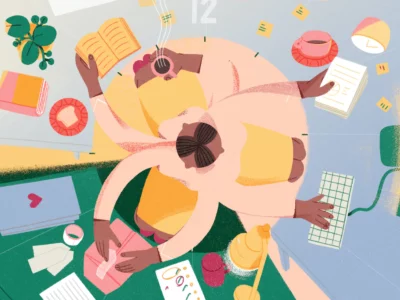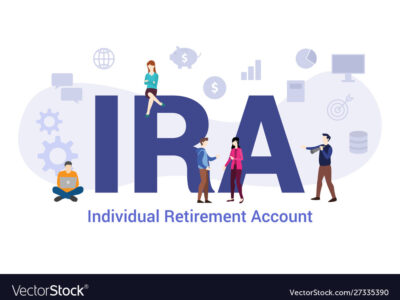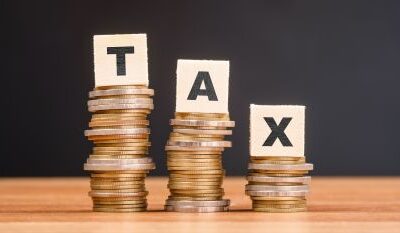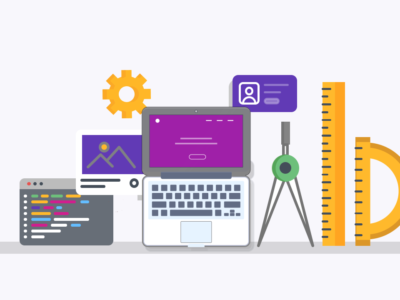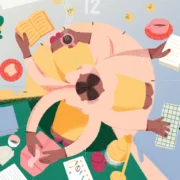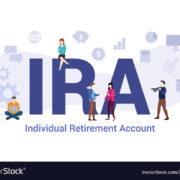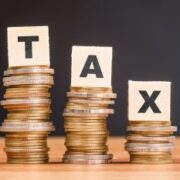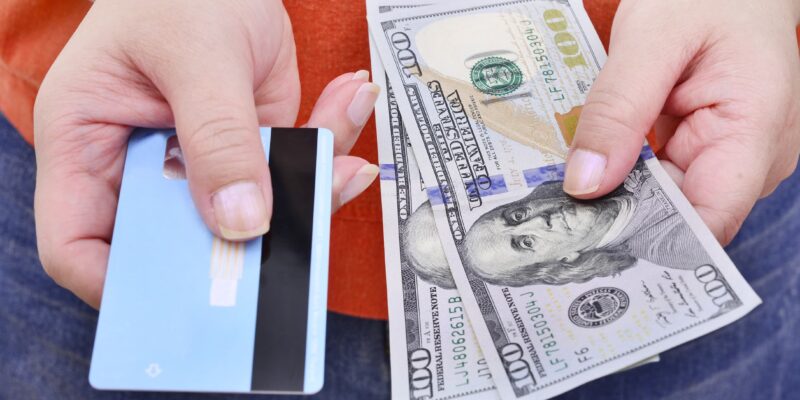
There are several reasons why you might want to pay with cash, rather than credit.
- It can help you to budget better. When you use cash, you can see exactly how much money you have left to spend. This can help you to avoid overspending and to make better financial decisions.
- It can help you to avoid debt. If you use credit cards, it’s easy to accumulate debt. However, when you use cash, you have to spend money that you actually have. This can help you to avoid debt and to live within your means.
- It can help you to save money. When you use cash, you are less likely to impulse buy. This can help you to save money and to reach your financial goals.
- It can help you to be more mindful of your spending. When you use cash, you are more likely to think about your spending decisions. This can help you to make better financial decisions and to avoid overspending.
However, there are also some reasons why you might want to use credit. For example, credit cards can offer rewards programs, such as cash back or travel miles. Additionally, credit cards can provide a convenient way to make online and in-store purchases.
Ultimately, the decision of whether to pay with cash or credit is a personal one. There are pros and cons to both options, and the best choice for you will depend on your individual circumstances.
Which is better in an economic downturn?
In an economic downturn, it is generally better to use cash rather than credit. This is because cash is more liquid and can be used to pay for essential goods and services, even if credit is not available. Additionally, cash can help you to avoid debt, which can be a major burden during an economic downturn.
However, there are some situations in which using credit may be a better option. For example, if you have a good credit score and can qualify for a low-interest loan, this may be a cheaper way to finance large purchases. Additionally, if you are able to make your credit card payments on time, you can build up rewards points or miles, which can be redeemed for travel or other rewards.
Ultimately, the decision of whether to use cash or credit is a personal one. There are pros and cons to both options, and the best choice for you will depend on your individual circumstances.
Here are some tips for using cash during an economic downturn:
- Create a budget and stick to it. This will help you to track your spending and make sure that you are not overspending.
- Shop around for the best prices. This will help you to save money on food, clothes, and other essentials.
- Avoid unnecessary purchases. If you don’t need it, don’t buy it.
- Cut back on entertainment and other luxury items. These are the first things to go when you are trying to save money.
- Look for ways to make extra money. This could mean getting a part-time job, selling items that you no longer need, or starting a side hustle.
By following these tips, you can make the most of your cash during an economic downturn and avoid debt.
Which is better in a good economy or upward trending economy?
Using credit during a good economy can be a good way to build up your credit score and get rewards points or miles. However, it is important to use credit responsibly and make sure that you can afford to repay your debts.
Here are some tips for using credit responsibly:
- Only use credit for things that you can afford to repay. If you cannot afford to repay your debt, you will end up paying interest and fees, which will make your debt more expensive.
- Make your payments on time. This will help you to avoid late fees and damage to your credit score.
- Keep your credit card balances low. This will help you to maintain a good credit score.
- Pay off your debt as quickly as possible. The longer you carry a balance on your credit card, the more interest and fees you will pay.
By following these tips, you can use credit responsibly and build up your credit score.
To recap again, using cash or credit depends on your situation, but those are tips to consider as you think about how to flex and leverage cash or credit during different times.

